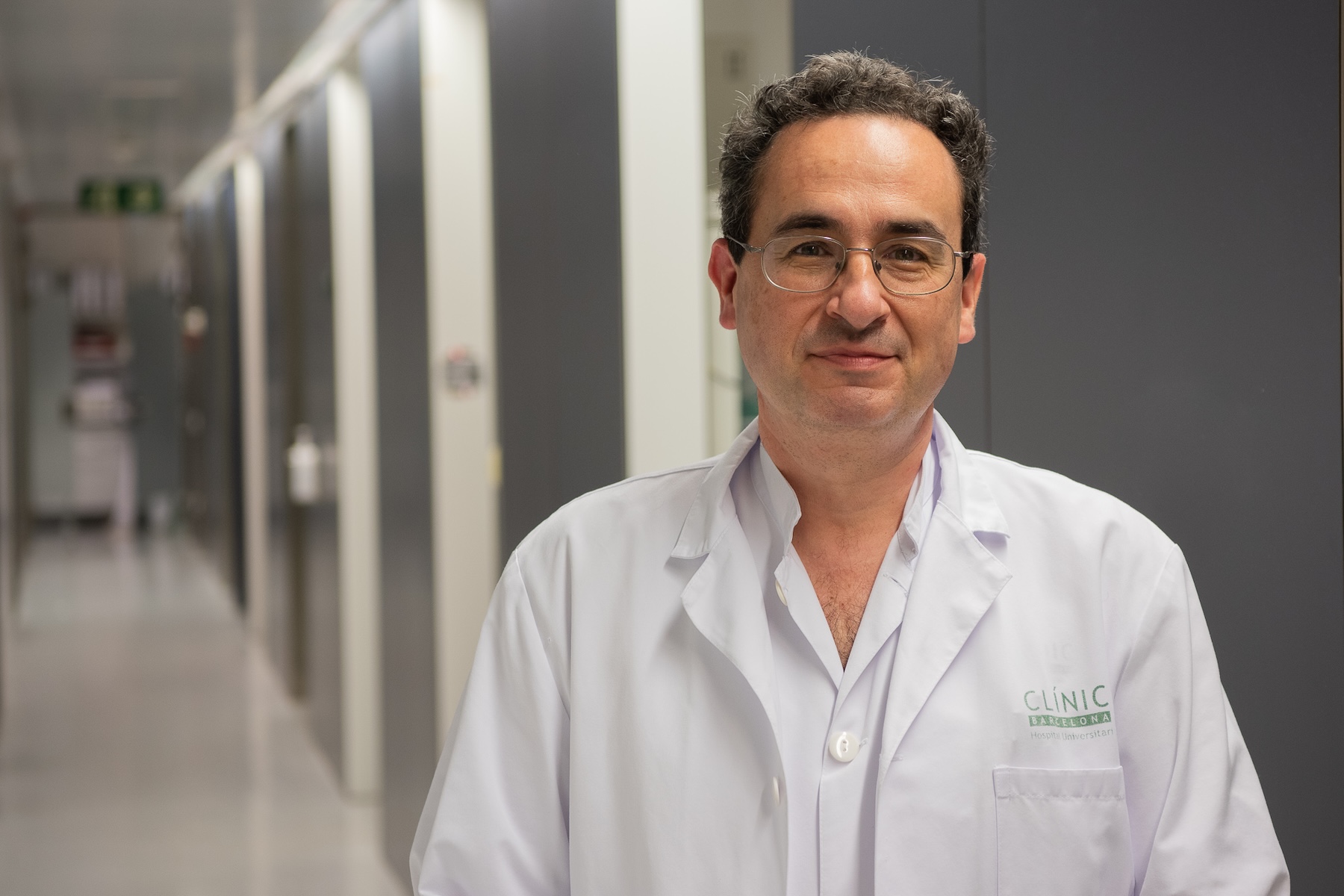Title: CAR-T Cell Immunotherapies – Driving Therapies Beyond Hematological Cancers Through the Barcelona Model
Time: 9:00 AM – 9:30 AM
Location: Bellvitge University Hospital Auditorium
One of the most anticipated sessions of the 2025 ECDGA Medical Symposium will be delivered by Dr. Manel Juan, a pioneering immunologist whose work is helping to reimagine the reach of CAR-T cell therapies beyond traditional cancer applications. His keynote address, set in his home city of Barcelona, will provide an in-depth look at what is being called the “Barcelona Model”—a forward-thinking, translational approach to CAR-T cell design, production, and application.
Expanding CAR-T Therapy: From Oncology to Immune Disorders
CAR-T cell therapy has, for years, been at the forefront of hematological cancer treatment. But its application has been largely limited to specific blood cancers—until now. Dr. Juan’s work explores how CAR-T can be engineered for non-malignant and non-traditional indications, including disorders with inflammatory and immune-mediated drivers, such as histiocytoses.
For clinicians and researchers attending this year’s Medical Symposium, this keynote provides an invaluable framework for understanding how the future of cell therapy may intersect with the needs of patients living with rare diseases like Erdheim-Chester Disease (ECD)—especially those driven by dysregulated immune pathways and clonal myeloid proliferation.
What Is the “Barcelona Model”?
Dr. Juan’s team has developed a uniquely publicly managed, hospital-based CAR-T manufacturing program, distinct from commercial models. This model emphasizes:
- In-house development of CAR-T cells, reducing cost and improving response times for critically ill patients
- Customization of treatment protocols based on individual molecular profiles, including MAPK pathway mutations
- A collaborative infrastructure between academic researchers, clinicians, and cellular immunotherapy laboratories
In a rare disease setting, where commercially available CAR-T products may not yet exist, this framework offers real promise. Dr. Juan will walk attendees through how his team’s infrastructure is built, how patient selection is approached, and what safety and efficacy signals have emerged in early studies.
Why This Matters for ECD and Histiocytosis Care
Although CAR-T therapy is not yet a frontline treatment for Erdheim-Chester Disease, its potential is being increasingly explored. ECD is a clonal, inflammatory myeloid neoplasm, and its overlap with the immunologic mechanisms seen in hematologic malignancies makes it a compelling candidate for immune-based interventions.
This keynote encourages the ECD research community to think beyond conventional boundaries—to consider whether the therapeutic logic used in lymphoma and leukemia might one day be translated to histiocytic neoplasms.
Moreover, Dr. Juan’s model is deeply collaborative, providing a vision of how rare disease centers around the world might develop localized capacity for advanced therapies when commercial pipelines are not yet available.
A Rare Opportunity to Learn from a Trailblazer
This presentation is not only a scientific deep dive but a strategic call to action. Attendees will leave with:
- A greater understanding of emerging immunotherapeutic platforms relevant to ECD
- An operational model that could be adopted by other academic centers
- Insight into where collaborative research opportunities may emerge between ECD care centers and immunotherapy hubs
As global interest in immune-modulating therapies continues to grow, this session offers a timely look at where the science is heading—and how the ECD community can be part of the conversation.


